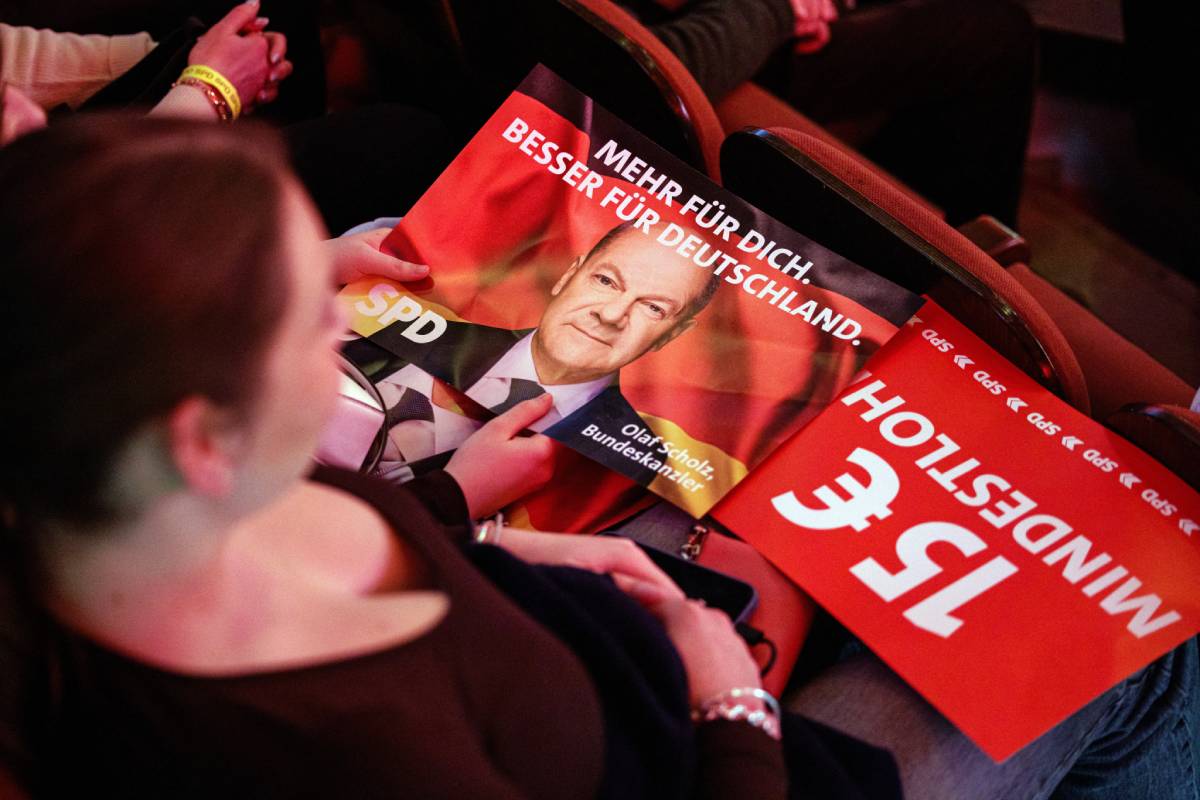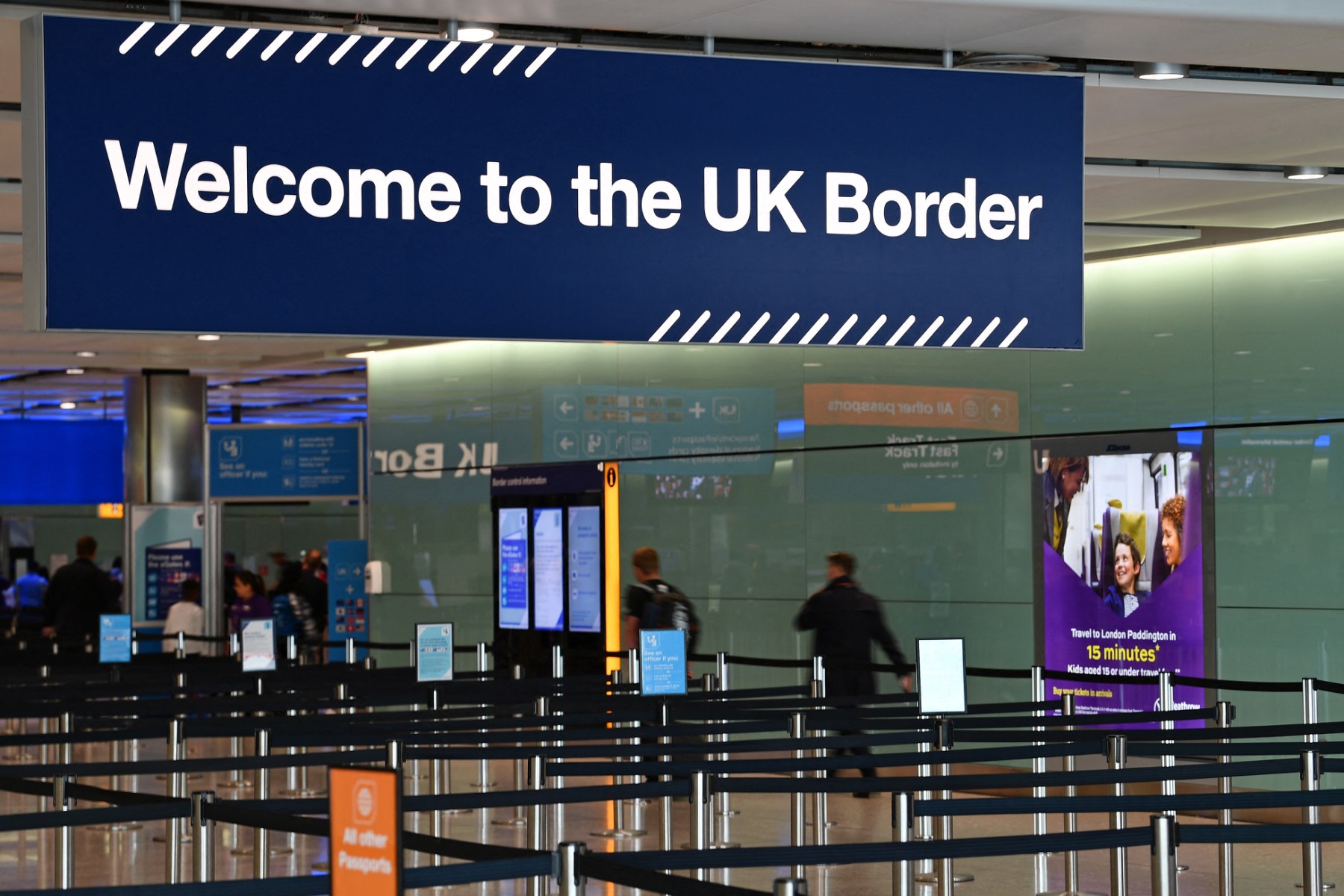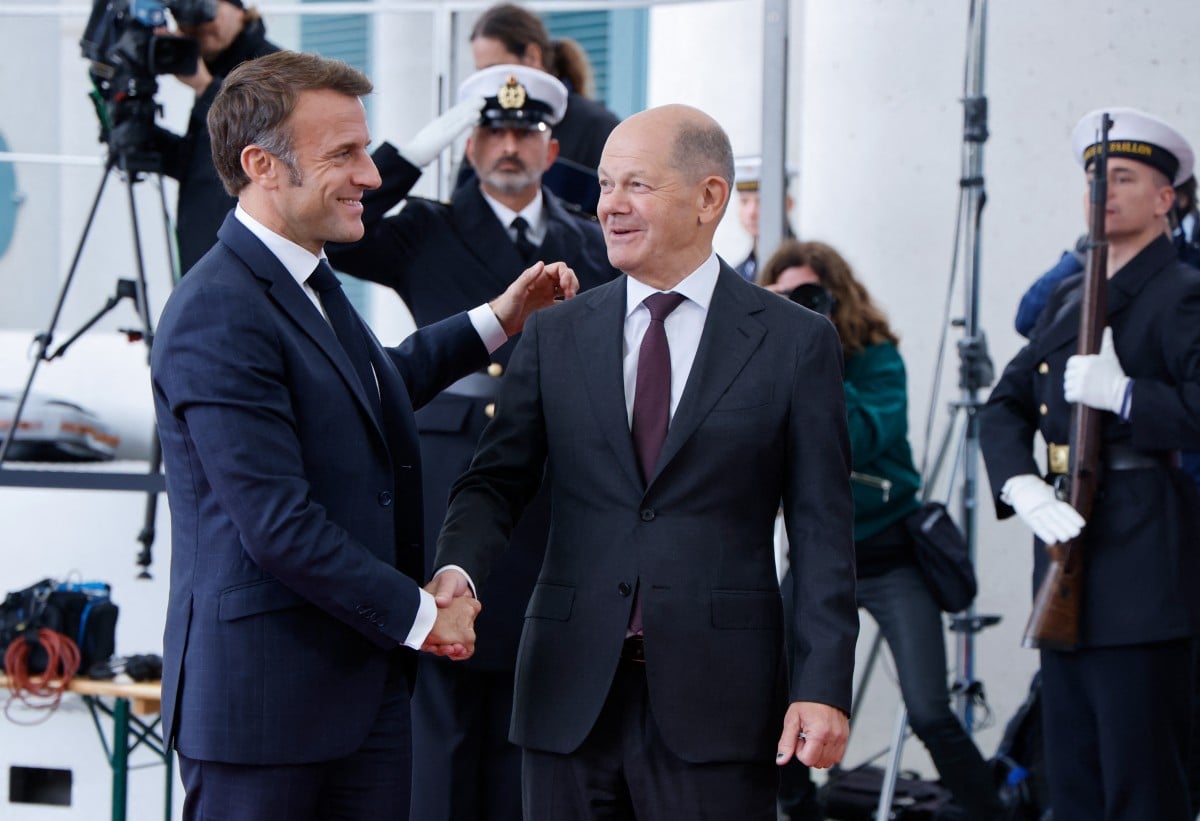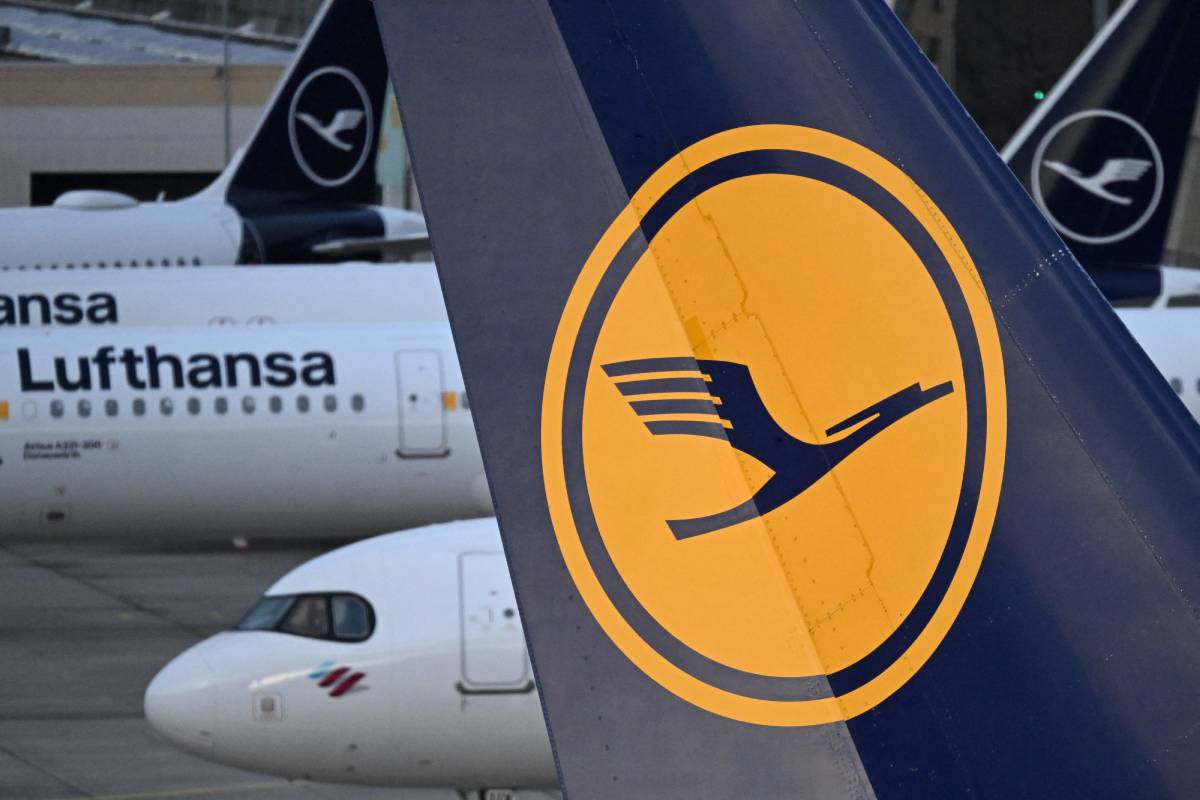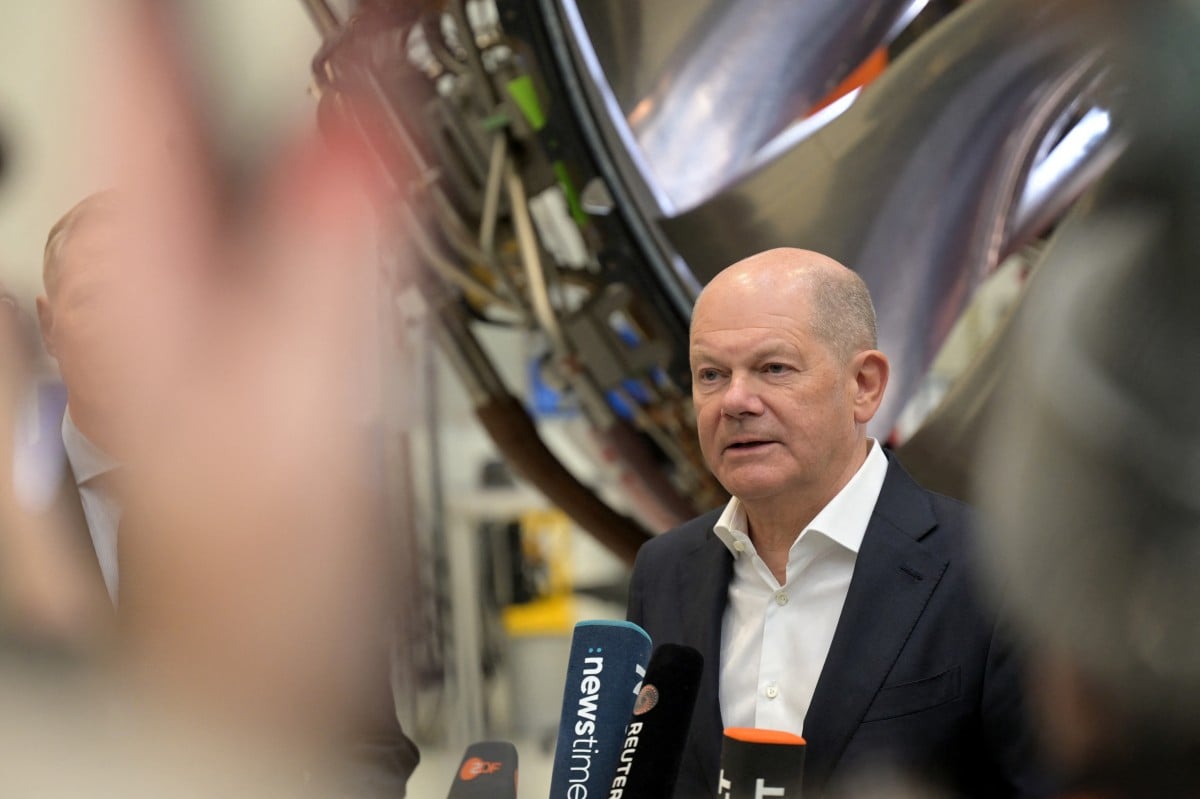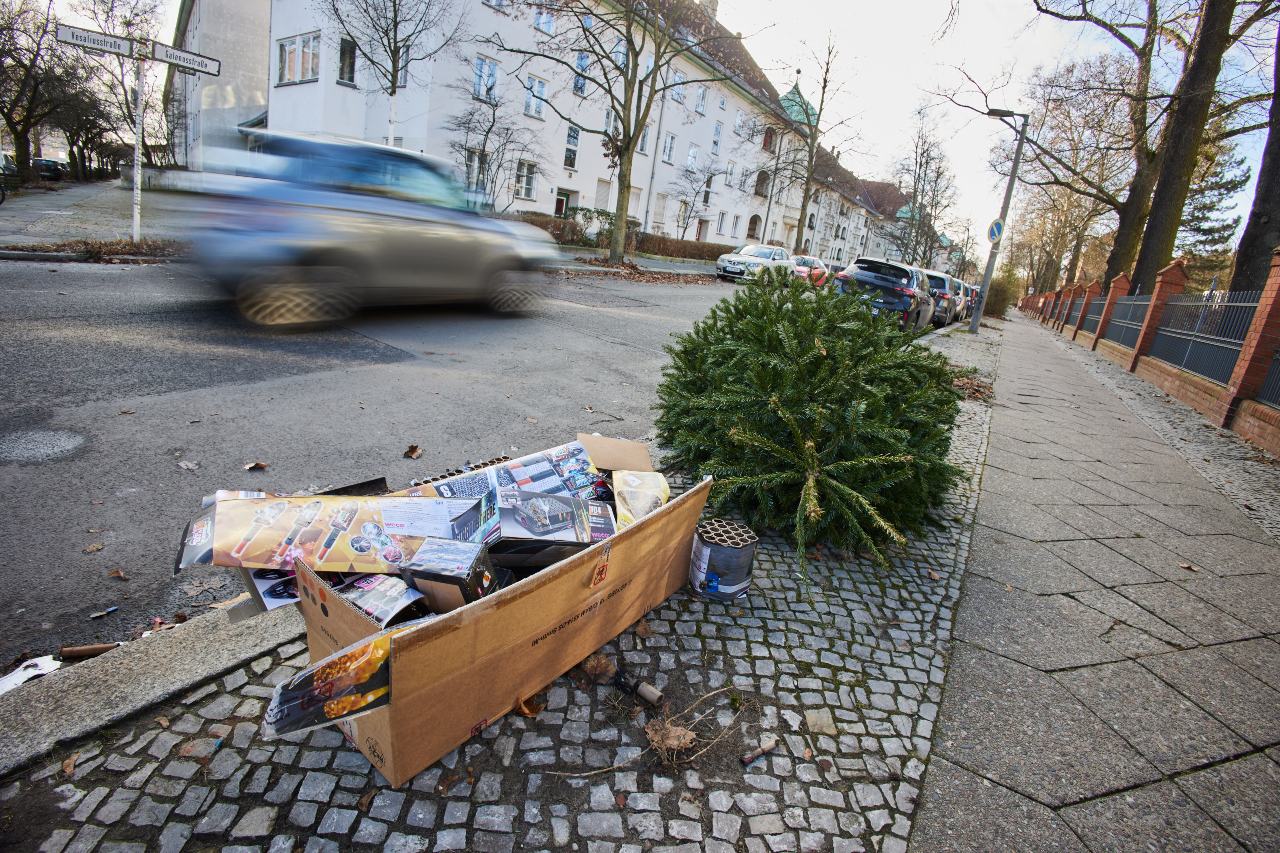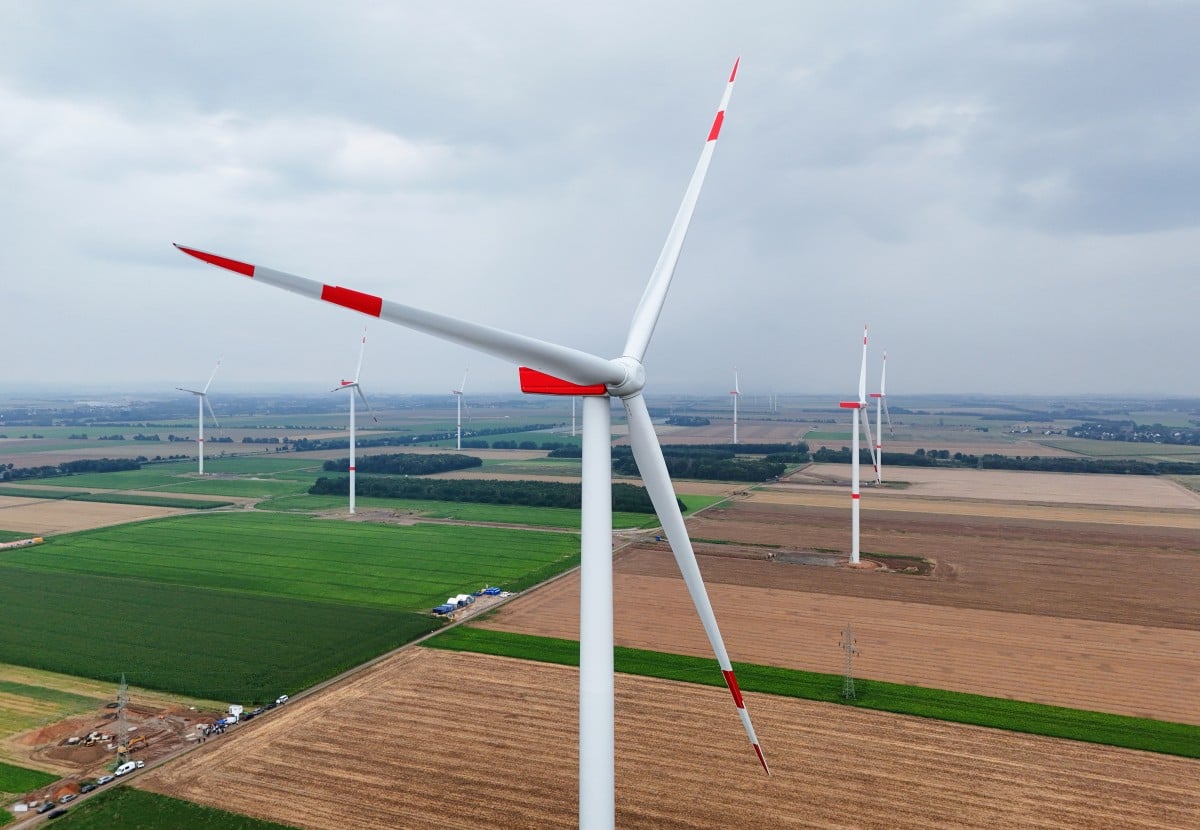Snow and black ice forced the cancellation Sunday of dozens of flights at Frankfurt airport, Germany’s largest airport.
German Chancellor Olaf Scholz condemned Elon Musk’s “erratic” comments and his open support for the extreme-right AfD party in an interview published Saturday.
From the predictable fallout from New Year’s Eve to a major step forward in making Germany a 21st-century country, here’s what we’ve been talking about at The Local this week.
Germany and Britain produced their cleanest electricity on record last year, with renewables reaching record highs, according to data released Thursday.
Germany’s Christmas tree farms are always left with a few unsold trees at the end of the season. In Berlin, they can donate them to the elephants.
Germany plans to grant significantly more visas to Indian citizens this year, especially for those seeking work. So what visas are available and what’s the application process?
Germany’s unemployment rate stayed stable at 6.1 percent in December but the stagnation in Europe’s largest economy weighed on the labour market throughout 2024, according to official data published on Friday.
From property tax reform to extended rent controls to an increased CO2 tax, this year is set to bring plenty of changes for renters and property owners in Germany. Here are the key ones to keep in mind.
Germany wants to help Syria return to being ‘a functioning state with full control over its territory’, its foreign minister said Friday ahead of a trip to Damascus.
Employment figures hit record levels last year, Germany sees more male applicants for regional ‘Wine Queen’ titles, NYE sparks renewed fireworks debates and more news on Friday.


